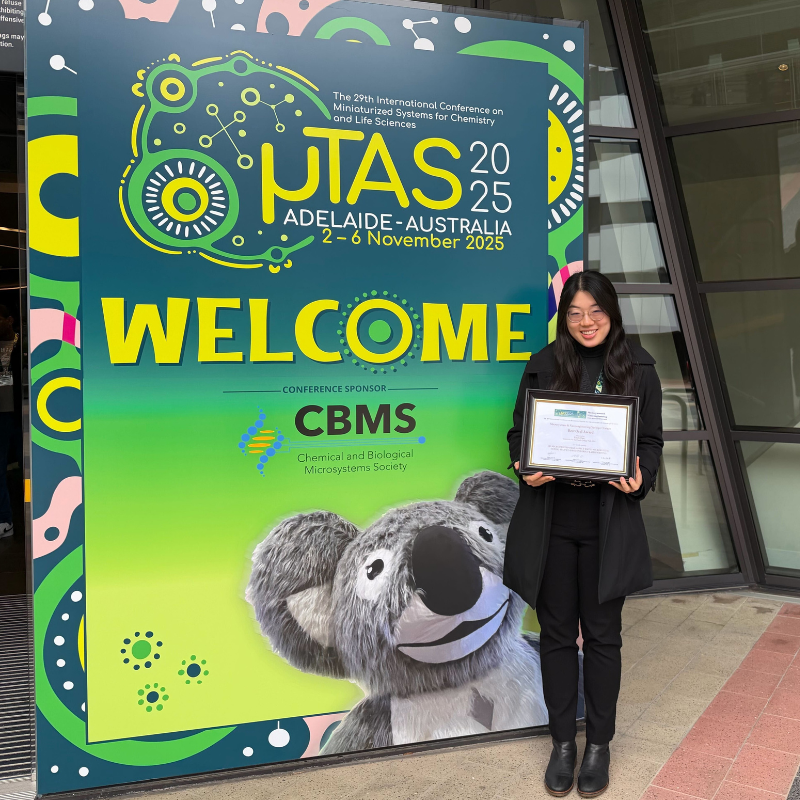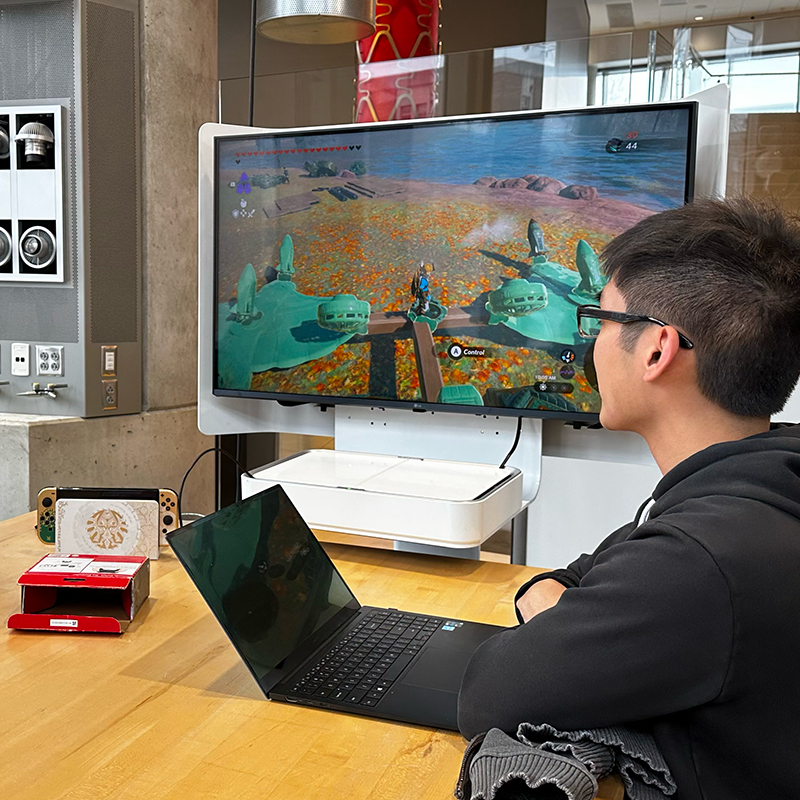News Story
Maryland Nanotechnology Education, Research Ranked #1 in Trade Magazine
The University of Maryland ranks first in nanotechnology research and education according to the May/June 2005 issue of Small Times Magazine. Maryland also ranked second in micro -technology research efforts, tied with Michigan.
Small Times Media, publisher of Small Times Magazine, is the leading source of business information about micro- and nano-technology, detailing technological advances, applications, and investment opportunities to help business leaders stay informed about these fields.
The article makes note of the development of the new Jeong H. Kim Engineering Building, the Maryland Center for Integrated Nano Science and Engineering (MCINSE), nearly 100 faculty, 120 published papers in 2004, and more than 400 grants for the nano scienceresearch ranking, and five undergraduate and six graduate - level nano-related courses for the education ranking.
“Mechanical Engineering is clearly contributing in a profound way to both these areas and providing significant leadership in micro - engineering. We take great pleasure in these rankings and in the affirmation of the path we have chosen to follow,” states department Chair Avram Bar-Cohen.
The In addition to the nano- and micro-technology curriculum in the department undergraduate and graduate programs, the Mechanical Engineering (ME) department also boasts centers and labs which actively pursue micro-systems and nanotech research. The Maryland Micro-Electro - Mechanical Systems Lab (MML), the CALCE Electronic Products and Systems Center (EPSC), and the Smart Materials and Structures Research Center (SMSRC) are all part of the Mechanical Engineering department and are directed by mechanical engineering department and feature ME faculty . The Small Smart Systems Center (SSSC), a college-level center, is also directed by an ME faculty member as their directors.
Michael Zachariah, Professor of Mechanical Engineering and Chemistry, is the Director of the new Center for Nano Manufacturing and Metrology, which brings together experts from both the University of Maryland and the National Institute of Standards and Technology (NIST). This center seeks to improve nano- manufacturing methods and quality control for large-scale nanotechnology products. Zachariah is also the Director of Maryland’s Center for NanoEnergetics Research and the Co-Laboratory for Nanoparticle Based Manufacturing and Metrology, another research effort with NIST.
Published May 15, 2005









